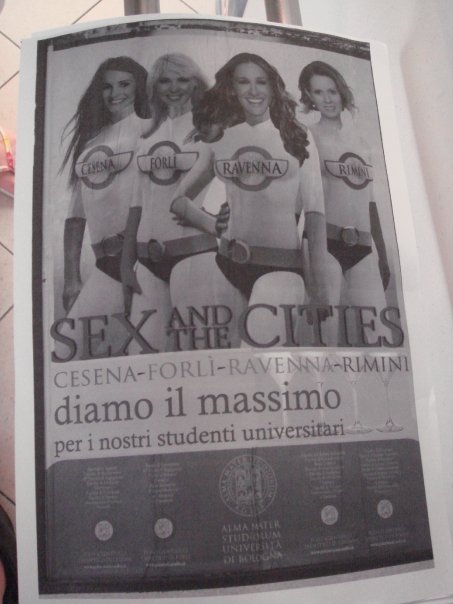Peter Thomas' book should become the standard text in English on
Gramsci's thought. Acquainted as he is with the latest wrinkle in the
Italian debate on Gramsci, Thomas combines an unmatched philological
research into the sources and a mastery of the ongoing debates about
the sense we should make of key ideas like hegemony. He deftly
overturns the received orthodoxy and the various abuses of the ideas
of the marxist militant by theorists of cultural studies, both
restoring Gramsci's work to its true status and opening up fruitful
possibilities for understanding his contribution to political theory
more generally. The best book on Gramsci's political theory for three
decades.
Alastair Davidson, Author of Antonio Gramsci. the Man, his Ideas and
Antonio Gramsci: Towards an Intellectual Biography
Peter Thomas's Gramsci is the one we need in an era of economic and
geopolitical crises that bears some resemblances to Gramsci's own
time. This Gramsci is no embarrassed culturalist, confused strategist,
or incipient post-Marxist. Thomas's Gramsci, developed from rigorous
critical study of the Prison Notebooks and of the now extensive
scholarly literature, is a deeply consequent thinker intent on
reconstructing revolutionary Marxism in opposition to the most
advanced bourgeois thought of his day. This is also a Gramsci for whom
political economy is of central methodological and substantive
significance. Not content with scholarly interpretation, Thomas draws
his Gramsci into dialogue with contemporary radical thought,
illuminating both sides of the conversation. This is a book that will
recast the understanding of Gramsci, especially but not exclusively in
the Anglophone world.
Alex Callinicos, Professor of European Studies, Social Theory and
International Political Economy, King's College, London
What superlatives can I use to describe this book? Terms like
‘outstanding,’ ‘superb’ and ‘tour-de-force’ suggest themselves, but
even these do not fully capture the extraordinary power of The
Gramscian Moment. Peter Thomas’s erudite, wide-ranging, and
staggeringly sophisticated reading of Gramsci’s Prison Notebooks
completely overturns the dominant interpretations including those of
Louis Althusser and Perry Anderson. Never again will we be able to
read Gramsci solely through their lenses. Henceforth, Thomas’s
magisterial exploration of Gramsci’s thought will become the critical
point of reference for all serious work in the field. But Thomas does
more than meticulous exegesis. He also insists on the actuality of
Gramsci’s work, urging that we approach it in the spirit of “both
continuation and transformation, fidelity and renewal.” He succeeds
brilliantly on all counts.
David McNally, Professor of Political Science, York University, Toronto
Peter Thomas's The Gramscian Moment demonstrates the extent to which
Gramsci’s thought represents a singular synthesis of virtually the
entire tradition of Western political thought. The richness of his
interpretative frameworks allows him both to integrate partial
approaches and contributions and to throw new light on the central
questions inherited by this tradition. This work succeeds in
presenting Gramsci as a "living classic", an author absolutely central
to our understanding of modernity. Given its scope, richness and
originality, I have no doubt that this work will represent a milestone
in Gramscian scholarship and an important contribution to contemporary
debates in political theory and philosophy.
Stathis Kouvelakis, Author of Philosophy and Revolution and Co-editor
of a Critical Companion to Contemporary Marxism
The Gramscian Moment is the most thorough and illuminating
philosophical study of Gramsci yet to appear in English. It sets a new
standard for work not only on Gramsci himself but on the whole complex
of issues associated with his legacy – on the mechanics and dimensions
of hegemony, on the role and nature of the subject of political
action, on the relation between theory and practice, and between civil
society and the state. Thomas does more than any previous reader of
Gramsci to demonstrate how his philosophy can fairly claim to meet
Marx's famous prescription – not merely "to interpret the world but to
change it".
Peter Hallward, Professor of Modern European Philosophy, Middlesex
University, London



















